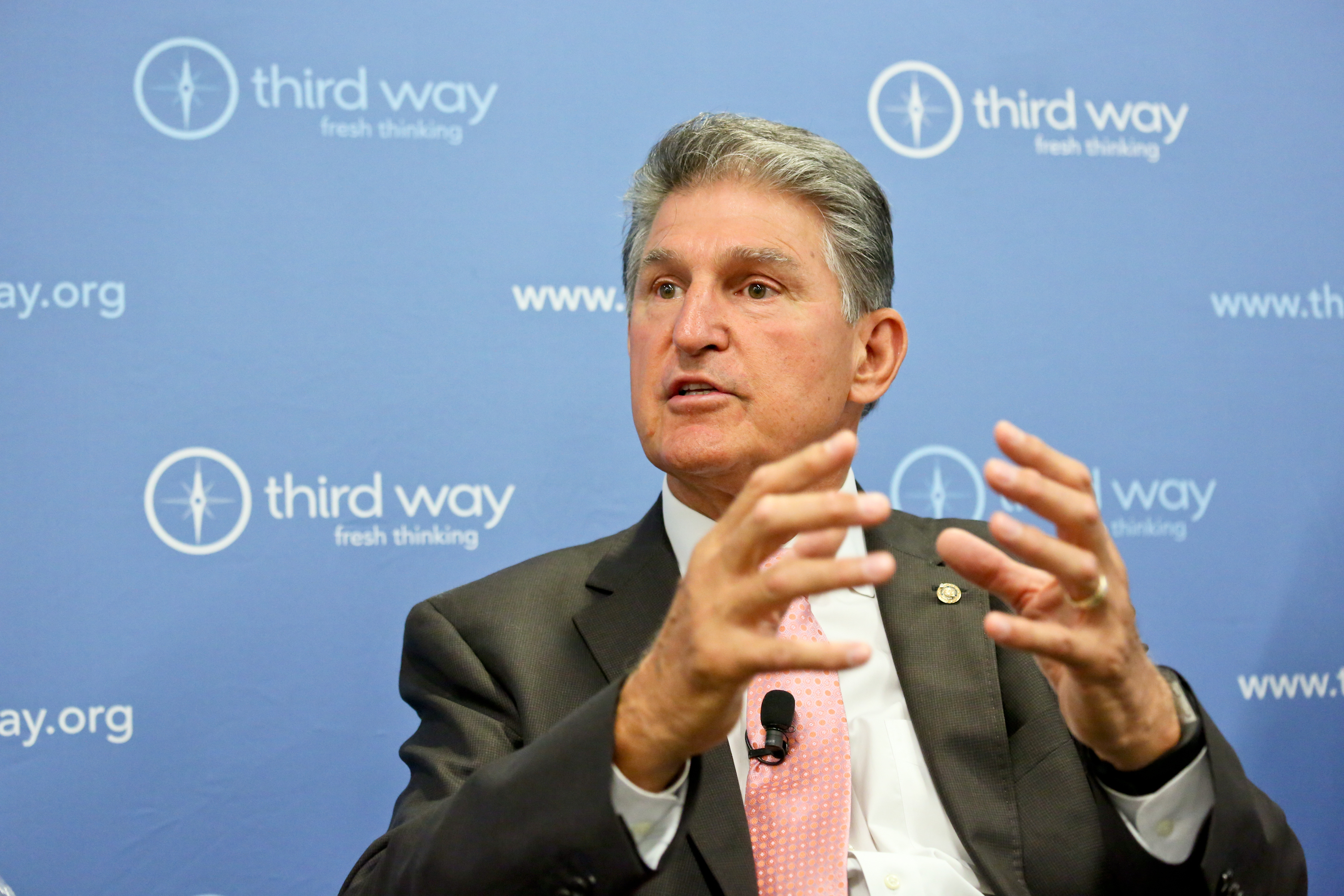Views expressed in opinion columns are the author’s own.
“Bipartisanship” has become the favorite word of a certain type of politician that wants to portray themself as a reasonable person at odds with the crazy radicals on both parties. It’s buzzword-y enough to get the job done but broad enough to allow a politician to not have to define what their policy alternative actually entails.
Despite the neutrality of the meaning of the word itself — cooperation between two parties — it has taken on exclusively positive connotations and has essentially become a synonym for “reasonable” when used by politicians or the media. Sen. Joe Manchin (D-W.Va.) and Maryland’s own Gov. Larry Hogan have given flowery speeches about how bipartisanship will solve our problems.
The problem with this rhetoric is not only that it is insubstantial — politicians rarely mention specific policies that should come out of this bipartisan cooperation — but it romanticizes an era of bipartisanship that never really existed
Sure, there have been eras in American history with more bipartisanship than there is now. There are some good policies that came out of those times, like the Clean Air and Clean Water acts of the early 1970s. But there have been many more examples of bipartisan actions that have had disastrous consequences. The Chinese Exclusion Act, 1994 Crime Bill and Iraq War all had broad support from both major parties, but that did not and does not make them any less horrific.
It should come as no shock there wasn’t an era when all our politicians worked together with hearts of gold, but that does not stop people from referring back to the nondescript “good old days.”
Looking back at history also provides a valuable lesson for now: Bipartisanship does not make a policy better in and of itself. In some sense, I think even the politicians who are most devoted to the concept know this. That’s why they are so vague about how, exactly, their policies would be improved by the other party’s cooperation.
In a recent op-ed in The Washington Post, Manchin specifically mentioned voting reform as an area of common ground. He said, in part, “efforts to expand voting hours and access … should and do have broad, bipartisan support” and “we will not solve our nation’s problems … if we seek only partisan solutions.” Even if we take that first statement to be true, which it isn’t, Manchin’s suggestion is fundamentally flawed. He implies presenting an image of bipartisanship is more important than the policies themselves — many of which were already included in the For the People Act, which had little to no Republican support.
Herein lies the problem with bipartisanship in our current landscape: There is no guarantee it will actually improve legislation. In fact, in many cases it would substantially weaken it. To use Manchin’s example of voting reform, the Republican Party has shown almost uniform opposition to any measures to make voting easier. Democrats working with them would water down the provisions included in the bill, likely giving far less protections to voters.
Giving the American people a worse product is not worth it just for the sake of compromise. Manchin and others like him value the performance of bipartisanship over what policies will actually improve people’s lives. They want to position themselves as part of a legacy of respectable legislators who put country over party, but to do so they whitewash history and use “bipartisanship” more as a catchphrase than anything else.
Of course, I’m not suggesting to never seek common ground when it exists. But bipartisanship is not a magic wand that will fix all of our problems — it never has been. It has been utilized for both good and bad purposes, but it does not and will not fix anything in and of itself. Manchin and other self-identified centrists need to stop idealizing it and start digging into what policies will actually help people.
Adam Cullen is a sophomore government and politics major. He can be reached at acullen@umd.edu.



